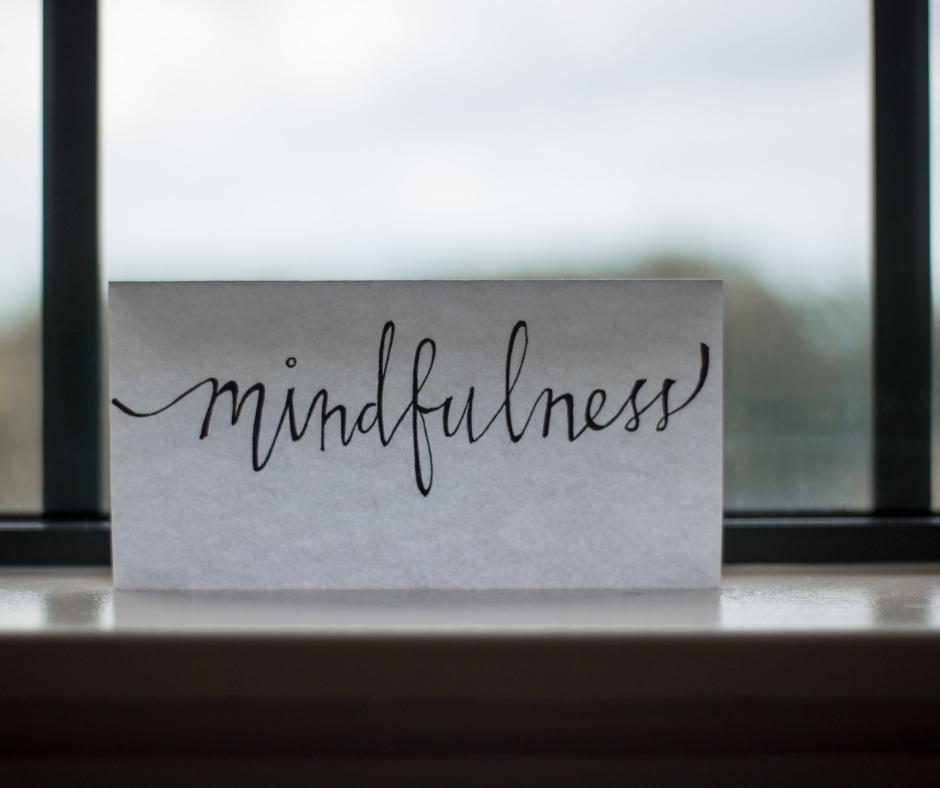
Discovering Self Care Practices
Share
Self-care practices not only nurture our physical health but also our mental and emotional well-being. Here, we explore various self-care methods, including the art of mindful stitching, to help you easily integrate relaxation and rejuvenation into your daily routine.
## 1. **Mindful Stitching**
Mindful stitching, also known as slow stitching, is a gentle and meditative form of textile art that prioritizes the process over the final product. By focusing on each stitch, you can quiet your mind and foster a sense of inner peace. This practice can be particularly therapeutic, offering a soothing escape from everyday stresses and promoting mindfulness through repetitive motion.
## 2. **Journaling**
Writing in a journal provides a safe space to express your thoughts and emotions. This practice can help you process experiences, set goals, and track progress. Whether you prefer reflective writing, gratitude lists, or creative expression through poetry, journaling can be a profound self-care tool.
## 3. **Exercise and Movement**
Regular physical activity is a cornerstone of self-care. Engage in activities that you enjoy, such as yoga, walking, dancing, or swimming. Exercise releases endorphins, the body's natural mood lifters, and contributes to overall health and well-being.
## 4. **Reading for Pleasure**
Reading books, whether fiction or non-fiction, can be a great way to unwind and escape into different worlds or gain new knowledge. Set aside time each day for leisurely reading to reduce stress and stimulate your mind.
## 5. **Meditation and Deep Breathing**
Practicing meditation and deep breathing exercises can help calm the mind and body. These practices reduce anxiety, enhance focus, and promote a sense of tranquility. Even a few minutes of deep breathing can make a significant difference in your day.
## 6. **Healthy Eating Habits**
Nourishing your body with healthy foods is an essential aspect of self-care. Focus on a balanced diet rich in fruits, vegetables, whole grains, and lean proteins. Staying hydrated by drinking plenty of water is equally important.
## 7. **Spending Time in Nature**
Taking breaks to immerse yourself in nature can be incredibly restorative. Whether it's a walk in the park, hiking in the mountains, or simply sitting in your garden, connecting with nature helps to refresh your mind and spirit.
## 8. **Social Connections**
Maintaining healthy relationships is an important aspect of self-care. Spend quality time with friends and loved ones, fostering connections that provide emotional support and enhance your well-being.
## 9. **Listening to Music or Podcasts**
Music has the power to elevate your mood and reduce stress. Whether you enjoy classical, jazz, pop, or any other genre, create a playlist that soothes or energizes you. Alternatively, explore podcasts on topics that interest you for both entertainment and education.
## 10. **Digital Detox**
Periodically unplugging from your digital devices can vastly improve your mental health. Set aside time each week to disconnect from screens and engage in other fulfilling activities, free from the constant influx of notifications and information.
## Conclusion
Self-care is a personal journey, and it's important to find practices that resonate with you. Incorporating activities like mindful stitching, journaling, and spending time in nature into your routine can greatly enhance your overall well-being. Remember, self-care is not a luxury but a necessity, offering you the balance and energy needed to navigate life’s challenges effectively.
Which self-care practice resonates most with you? I have put together some ebooks to help you4 journey. You can find them here
## 1. **Mindful Stitching**
Mindful stitching, also known as slow stitching, is a gentle and meditative form of textile art that prioritizes the process over the final product. By focusing on each stitch, you can quiet your mind and foster a sense of inner peace. This practice can be particularly therapeutic, offering a soothing escape from everyday stresses and promoting mindfulness through repetitive motion.
## 2. **Journaling**
Writing in a journal provides a safe space to express your thoughts and emotions. This practice can help you process experiences, set goals, and track progress. Whether you prefer reflective writing, gratitude lists, or creative expression through poetry, journaling can be a profound self-care tool.
## 3. **Exercise and Movement**
Regular physical activity is a cornerstone of self-care. Engage in activities that you enjoy, such as yoga, walking, dancing, or swimming. Exercise releases endorphins, the body's natural mood lifters, and contributes to overall health and well-being.
## 4. **Reading for Pleasure**
Reading books, whether fiction or non-fiction, can be a great way to unwind and escape into different worlds or gain new knowledge. Set aside time each day for leisurely reading to reduce stress and stimulate your mind.
## 5. **Meditation and Deep Breathing**
Practicing meditation and deep breathing exercises can help calm the mind and body. These practices reduce anxiety, enhance focus, and promote a sense of tranquility. Even a few minutes of deep breathing can make a significant difference in your day.
## 6. **Healthy Eating Habits**
Nourishing your body with healthy foods is an essential aspect of self-care. Focus on a balanced diet rich in fruits, vegetables, whole grains, and lean proteins. Staying hydrated by drinking plenty of water is equally important.
## 7. **Spending Time in Nature**
Taking breaks to immerse yourself in nature can be incredibly restorative. Whether it's a walk in the park, hiking in the mountains, or simply sitting in your garden, connecting with nature helps to refresh your mind and spirit.
## 8. **Social Connections**
Maintaining healthy relationships is an important aspect of self-care. Spend quality time with friends and loved ones, fostering connections that provide emotional support and enhance your well-being.
## 9. **Listening to Music or Podcasts**
Music has the power to elevate your mood and reduce stress. Whether you enjoy classical, jazz, pop, or any other genre, create a playlist that soothes or energizes you. Alternatively, explore podcasts on topics that interest you for both entertainment and education.
## 10. **Digital Detox**
Periodically unplugging from your digital devices can vastly improve your mental health. Set aside time each week to disconnect from screens and engage in other fulfilling activities, free from the constant influx of notifications and information.
## Conclusion
Self-care is a personal journey, and it's important to find practices that resonate with you. Incorporating activities like mindful stitching, journaling, and spending time in nature into your routine can greatly enhance your overall well-being. Remember, self-care is not a luxury but a necessity, offering you the balance and energy needed to navigate life’s challenges effectively.
Which self-care practice resonates most with you? I have put together some ebooks to help you4 journey. You can find them here
